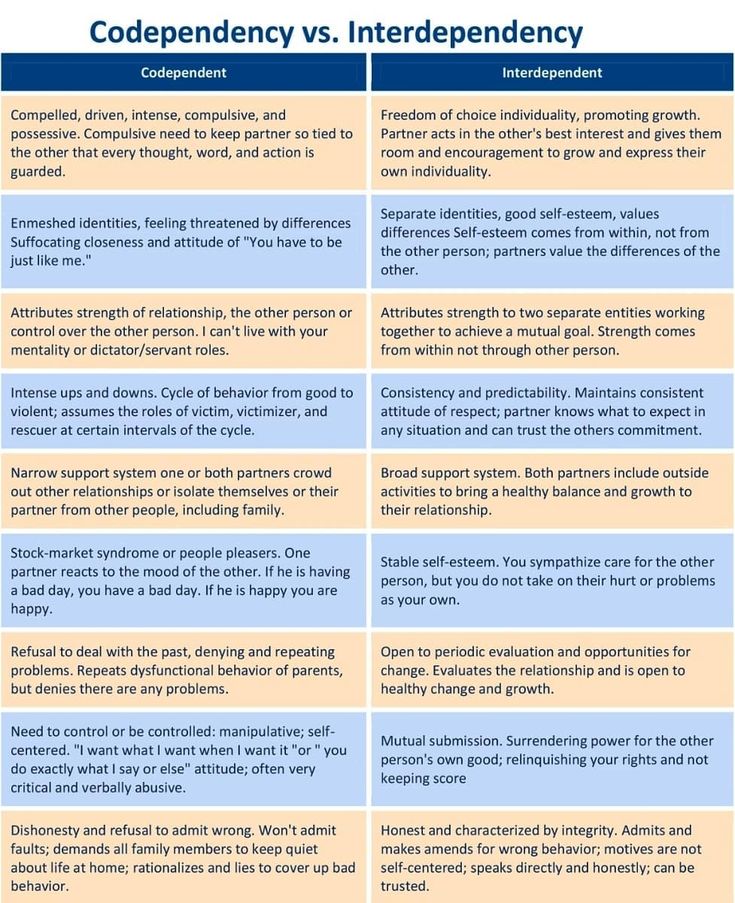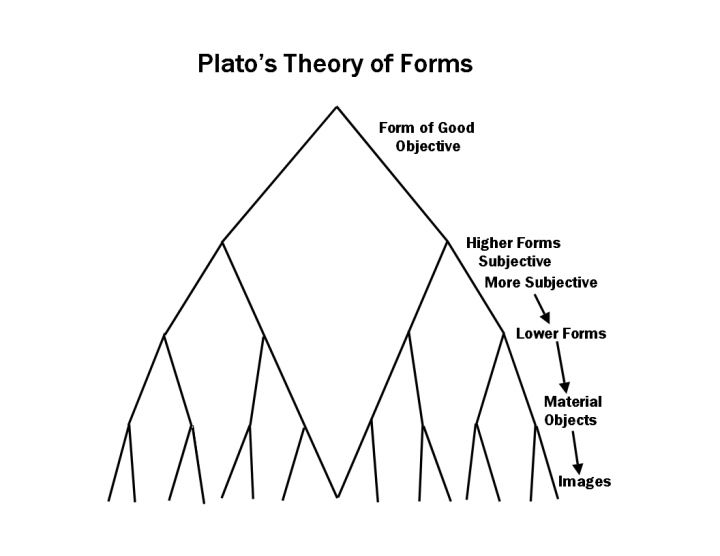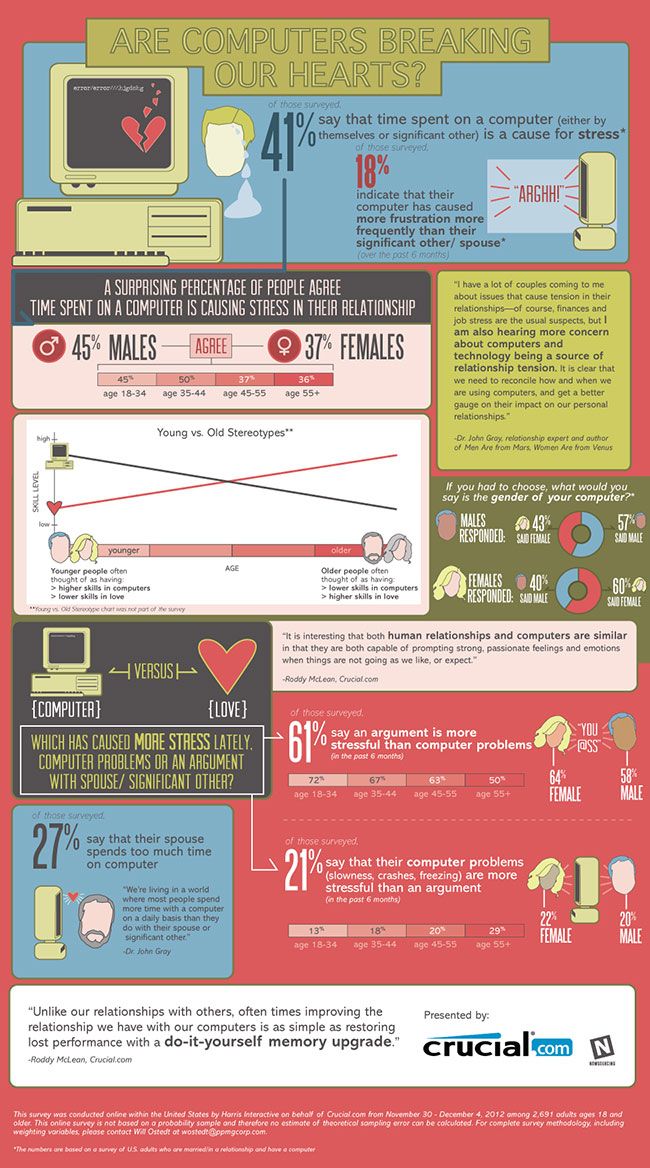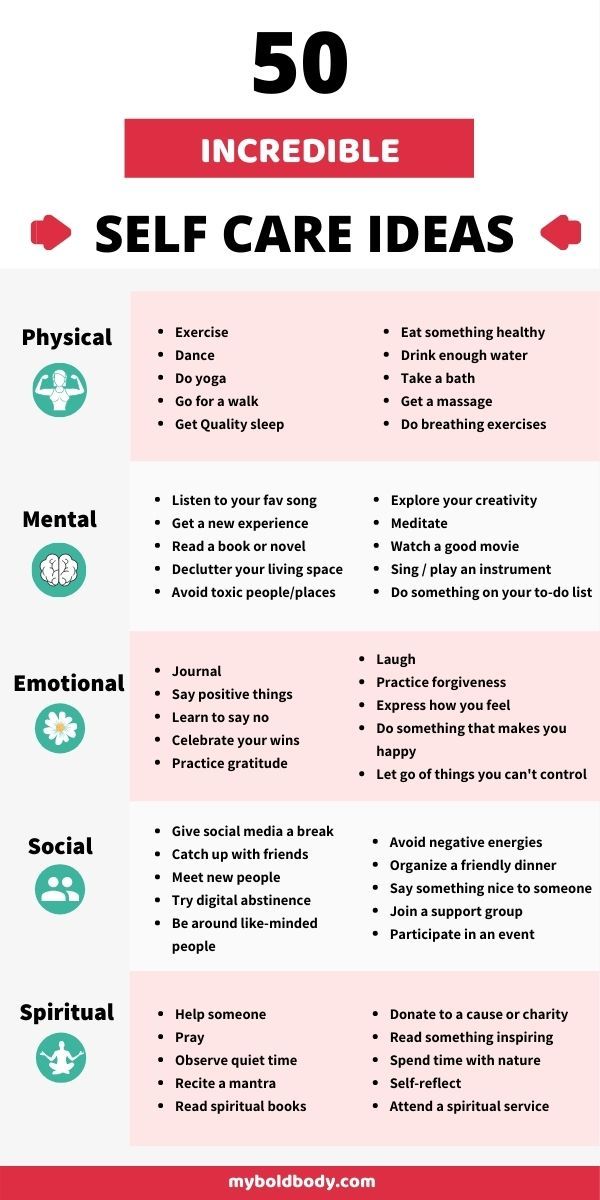What to do when someone steals your idea
What To Do When Someone Steals Your Idea: React Like A Professional
You have what it takes to become a successful freelancer – whether or not someone rips you off. That being said, it can feel like the definition of a professional nightmare: you open a book or magazine to find your story or piece of art on its pages. You hear about someone’s professional accomplishment and realize that they’re gaining from your great idea. But how can you speak up about someone using your professional work product…and when does it make sense to speak up?
1. Stop, Drop, and Don’t ReactIf you think someone has stolen your idea, the first thing to do is…nothing. Emotions can run high when it comes to attribution, so don’t let your anger get away with you (or stymie a chance for real resolution). The best thing you can do is take a pause and give your emotions and your mind a bit of time to cool off before acting. Make room for mindfulness in your daily routine so that stressful moments like this will find you ready to respond peacefully.
Next, ask yourself if you’re upset because someone has stolen your idea or because they’ve stolen your content. The distinction may be hard to determine, but it’s critical. Nobody can copyright an idea, even if it’s awesome. Besides, there aren’t really any new ideas, anyway. Some ideas are so evergreen that it’s likely you copied them to begin with. Get real with yourself…did the person who’s pissing you off take ‘your’ idea or your actual work product?
3. Do You Even Own Your Work?The next question is vital for freelancers, who often perform work for hire. It can feel yucky to acknowledge, but often your contract stipulates that your photograph, your article, or your song lyrics belongs to the person who bought it. Double-check your rights before your act (and don’t sign contracts that limit your claim to the work you produce).
4. Ask for AttributionOften, a good way to start a civil conversation about your copied work is to contact the culprit and ask them to attribute it to you. This will nip 90 percent of copying in the bud—either they’ll give you credit for your words or image, or take it down. It can also feel less scary for people who aren’t used to confrontation, but still feel entitled to take claim for their hard work. Use neutral language and try to take the emotion out of your request.
This will nip 90 percent of copying in the bud—either they’ll give you credit for your words or image, or take it down. It can also feel less scary for people who aren’t used to confrontation, but still feel entitled to take claim for their hard work. Use neutral language and try to take the emotion out of your request.
Speaking up is one thing, but there are very few situations in which it makes sense to raise a huge professional stink or take legal action about copied work. If you’re confused about fair use, contact a copyright attorney and act on his or her recommendation. But remember: the best revenge is a career (and life) well-lived. Remind yourself that the alleged copier must feel pretty creatively bereft to have to snag someone else’s work and pass it off as their own…then get your revenge by doing better than they could ever imagine.
Don’t let copycats distract you from the fact that you have what it takes to become a successful freelancer. For more action items to keep you on the path to victory, check out our free ebook: The Essential Guide to Launching a Successful Freelance Career:
For more action items to keep you on the path to victory, check out our free ebook: The Essential Guide to Launching a Successful Freelance Career:
7 Positive Ways to Respond When Someone Steals Credit for Your Work
You’re sitting in a meeting and a co-worker takes credit for your idea. Or maybe you stay late to finish a project, but your name is left off of the final presentation. Your boss grabs the limelight and accepts all the praise.
Even if you work in a company that encourages collaboration, some people still go too far and inappropriately monopolize work as their own, never crediting others.
It’s infuriating when someone blatantly rips off your ideas. It feels wrong. Unfair. You want justice and may even feel a little victimized.
How should you handle these situations? You may be torn between a desire to seek revenge and letting it go altogether. Should you jump in as soon as possible to reclaim your project? Or retreat and hope it’s a one-time thing?
Whether intentional or an honest oversight, colleagues may take credit where it isn’t due. Here are seven tips to respond like a professional:
Here are seven tips to respond like a professional:
Tune into your reaction, then mine those emotions in positive ways.
You care about your job, so when someone steals your idea it’s natural to be upset. There’s no right or wrong way to feel. In fact, your emotions may sway from disgust to defeat.
The first step is to notice what what arises for you. Developing the self-awareness to deal with the emotions that come up and act on them constructively is key. This might mean taking time to calm down, perhaps by channeling your anger into a sweat-breaking workout. For others, it may involve processing hurt or disappointment by talking with a mentor or journaling.
Get your boundaries firmly in place (the sooner, the better).
Don’t stew — only bringing it up a month later. So much can happen during that time that it’s possible your co-worker may not even remember the incident.
It’s also completely okay to stand up for yourself in the moment. Taking action in the moment creates a strong boundary that will pay off in the future. If someone takes credit for your ideas in a meeting you can say, “That’s exactly the strategy I suggested we try yesterday. Let’s revisit the plans.”
Taking action in the moment creates a strong boundary that will pay off in the future. If someone takes credit for your ideas in a meeting you can say, “That’s exactly the strategy I suggested we try yesterday. Let’s revisit the plans.”
Talk solutions, not trash.
If you confront the person directly, start by asking questions instead of making accusations. This shifts the burden of proof to the offending party, who then will have to explain why they took credit for the project or idea.
You might say something like: “I noticed that when you talked about the project in the meeting earlier this week, you said ‘I’ instead of ‘we.’ Can you tell me why you framed it that way?” You’ll be making it clear you noticed, and that it wasn’t right.
Of course, no matter how you approach the conversation, the person may also deny it happened, suggest she may do it again, or imply that she did it to undermine you. If the conversation heads in this direction, then you’ll need to involve your supervisors. Just remember you’ll need evidence that the work or idea was actually yours.
Just remember you’ll need evidence that the work or idea was actually yours.
Don’t shy away from self-promotion.
In today’s workplace there tends to be a huge emphasis on teams. As a result, many professionals never learn how to promote themselves in a healthy way.
Here’s a simple place to start: when you discuss the project, use personal pronouns. You might say, “Thanks, I’m glad you liked my work. I stayed late yesterday to finish and I think it paid off.”
Future-proof your ideas.
Talk with your boss before beginning work on a project. Create a plan for getting buy-in for the initiative across the company. Set expectations by posing questions like:
- How will we build support for our idea?
- Who are the project owners? Who oversees responsibility–and for which tasks?
- When will we present these ideas to senior management?
- Who will answer questions and be responsible for follow-up?
Keep the door open to revisit these agreements. The contribution structure you’re planning on can sometimes change. It works well to email a chart detailing exactly who’s going to be responsible for what.
The contribution structure you’re planning on can sometimes change. It works well to email a chart detailing exactly who’s going to be responsible for what.
Consider sharing your best ideas by explaining them to groups instead of to one colleague. Document them in memos and emails. Even invite others to add to and develop the ideas. Then you’ll have the opportunity to acknowledge and thank your co-workers for their input.
In doing so, you’ll draw attention as an innovator and get known around the office for being gracious and inclusive. You’ll earn a reputation as a go-to for creativity, originality and ingenuity. What could be better?
7. Be generous about sharing credit yourself.
Much like great CEOs model leadership behavior, your co-workers are more likely to give a nod to your great ideas if you’re generous about sharing credit yourself.
If you manage a team, play the role of a coach. Encourage your team to think of opportunities for getting their work is recognized. One idea is to add a slide at the end of a presentation giving credit to your team (just make sure you get to that slide if you’re pressed for time!).
One idea is to add a slide at the end of a presentation giving credit to your team (just make sure you get to that slide if you’re pressed for time!).
When you work in a fast-paced, competitive work environment ideas are circulating constantly. Like it or not, having someone steal credit is a common occurrence. But there are ways you can respond with poise. In the process you’ll hone important skills like communication, negotiation and self-promotion that’ll make you a better leader and set you up for success if this challenge arises again.
Enjoyed this post? Subscribe to my newsletter for free tools to master your psychology for success.
What to do if a colleague steals your ideas — Work.ua
If your bike is stolen, you will contact the police and they will help restore justice. But what to do when your idea was appropriated? How to resolve the situation?
Tatyana, a journalist for an online publication, has a "thief" in her team - a colleague who passed off her idea as his own. Tanya noted the act, but did not begin to figure out who was right and who was wrong. But the situation happened again. The plagiarist, reviewing the articles on the site, praised himself: “I wrote excellent material!”, And showed our heroine a text with a heading that she voiced two days earlier in the presence of a colleague, and the topic is the same! This time, Tanya objected that the idea was actually hers, but her colleague denied everything, the conversation became like a tug of war, and nothing could be proved.
Tanya noted the act, but did not begin to figure out who was right and who was wrong. But the situation happened again. The plagiarist, reviewing the articles on the site, praised himself: “I wrote excellent material!”, And showed our heroine a text with a heading that she voiced two days earlier in the presence of a colleague, and the topic is the same! This time, Tanya objected that the idea was actually hers, but her colleague denied everything, the conversation became like a tug of war, and nothing could be proved.
Unfortunately, the theft of intellectual work is not uncommon, and you need to be able to protect your ideas from those who can easily appropriate them. This is a delicate matter, so Work.ua figured out how best to proceed if a colleague appropriated a bright idea that belongs to you.
Why do people appropriate other people's ideas?
This happens for several reasons:
- When they don't have their own opinions about any topic, but they really need them.

- If they want to annoy a specific person or curry favor with their superiors.
- In the event that they know that the author of the creative thought will not defend justice and will not find out why Karl stole corals from Clara.
- A person can be sure that the idea is really his. This happens when our brain is focused on the content of the information, and not on the source, and we are able to believe that we ourselves are the very source.
What to do if a colleague appropriated your idea
Before you expose the deceiver, make sure that your subconscious mind has not played a cruel joke on you, the idea belonged to you and it was really stolen. Remember when and under what circumstances your conversation with a colleague took place, what exactly did you say, what did you answer. If you are 100% sure that you are right, then act.
1. Talk to a colleague
Don't gloss over the incident. If your idea was appropriated once, then it is very likely that this may happen again in the future. Therefore, talk with a colleague and dot the i's. Explain that what happened to you is unpleasant, because the idea belongs to you. Figure out together why the person did this, calmly, without pressure, screams and threats. Ask them to do something to improve the situation, for example, honestly admit to management in plagiarism and mention your contribution to the work.
Therefore, talk with a colleague and dot the i's. Explain that what happened to you is unpleasant, because the idea belongs to you. Figure out together why the person did this, calmly, without pressure, screams and threats. Ask them to do something to improve the situation, for example, honestly admit to management in plagiarism and mention your contribution to the work.
2. Talk to your boss
You can tell your boss about the problem, but do it as diplomatically as possible. Your task is not to achieve recognition of your genius and not to take away the laurels from a dishonest employee, but to comment on the current situation.
Show that you are a loyal employee, not a provocateur, and you just want to protect your own. Operate with facts, mention that you previously discussed the task with a colleague and it was you who initially expressed the very idea.
3. Do not gossip
Do not wash dirty linen in public, complain and tell colleagues that someone - such a radish - passed off your idea as his own. The gossip you spread can only ruin your reputation. And you are a mature person, a high-class specialist, it does not suit you to spread rumors.
The gossip you spread can only ruin your reputation. And you are a mature person, a high-class specialist, it does not suit you to spread rumors.
4. Do not share your thoughts
In the future, the muse will definitely visit you and give you dozens of good ideas, but try to keep them to yourself. Do not leave drafts, documents or other notes on your desktop, do not share your thoughts with unreliable colleagues, do not talk about plans. But do not close, what happened is not a reason to become a recluse and move away from colleagues.
5. Draw conclusions
What happened is unpleasant, that's clear. Failure is a constant companion of a career. But do not despair, but use it to analyze what you did wrong. In the future, when it is your ideas that form the basis of a large project, voice your thoughts clearly and confidently, agree on the shore who their author is. If it is important for you to be on the list of creators and you want to receive an award for your efforts, then talk about it in advance.
But back to our heroine Tatyana. Then she failed to prove the authorship of her idea, but the girl learned lessons and found a positive moment in the incident: “If someone appropriated my idea, it means that it is really good, and I am a good thought generator.”
Work.ua wishes you to always be positive, despite the circumstances.
Read also: How to deal with "toxic" employees
Follow us on Telegram
You must be logged in to leave a comment.
What to do if someone stole your startup idea
As sad as it sounds, don't think that every idea you have is unique. There are 7 billion people in the world. Among them are millions of people with fantastic minds who come up with great ideas several times a day. And hundreds of millions of people every day face the same problems as you. No wonder if their startup is exactly the same.
“Very often the author of the most ordinary idea lives with the certainty that he already has a million dollars, all that is left is to find someone willing to pay,” says Artemy Lebedev .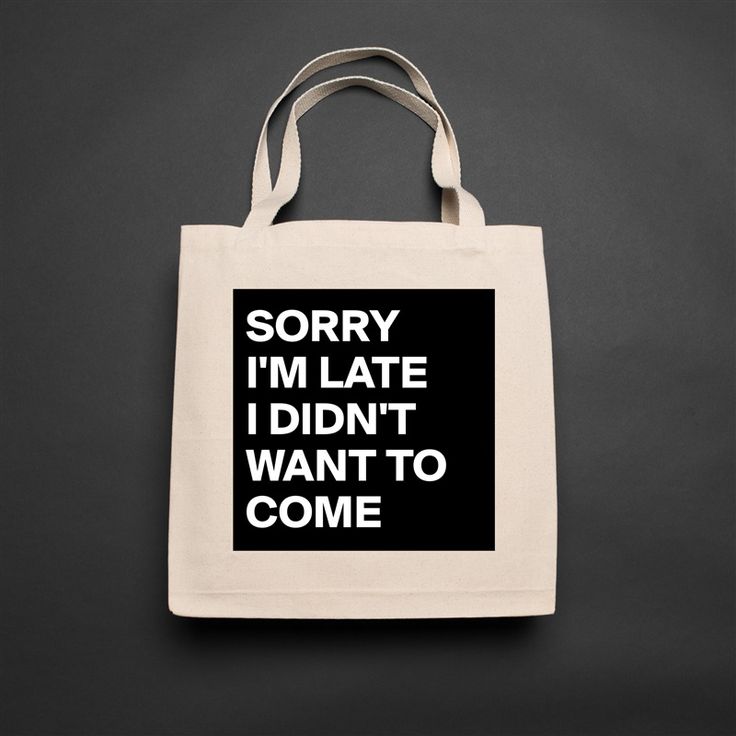
To complete the picture, we can imagine a situation where your best friend took note of your idea, unique for a particular region, and slowly began to implement it, thinking about how in a few weeks he would count money on Bora Bora. Experts assure - do not panic prematurely. The fact is that the idea itself is not protected by copyright anywhere in the world. Therefore, no matter how hard you hold on to it, it will be difficult to prove your right to it in court. The idea itself is a public thing. It is in the air and can come to anyone's mind.
Therefore, if an idea is stolen, it must be capitalized on. Firstly, thanks to other people's efforts, you can check its performance. If it seems to you that the idea is really good, and mom and sister confirmed it, it doesn’t mean anything. Most ideas look good on paper, while the real world ignores them. Other people's experience will show what exactly needs to be finalized and what needs to be improved.
Secondly, you can find out how much it will cost to implement the idea. On the example of dozens of projects in various areas, it can be seen that the indicated budget is always several times lower than the actual costs. When you are blinded by your idea, understanding this truth fades into the background. Using someone else's example, you can see how much the implementation costs, and understand whether it is worth taking on the project at all. And if it is, then there is time to improve the idea and think about optimizing tasks. At the same time, the competitor will no longer have a way out: he has invested his money.
On the example of dozens of projects in various areas, it can be seen that the indicated budget is always several times lower than the actual costs. When you are blinded by your idea, understanding this truth fades into the background. Using someone else's example, you can see how much the implementation costs, and understand whether it is worth taking on the project at all. And if it is, then there is time to improve the idea and think about optimizing tasks. At the same time, the competitor will no longer have a way out: he has invested his money.
Third, think beyond the idea itself. Thought is worth little. More important than that is execution. Perhaps the most striking example of this is the use of touch screens. In 2007, Apple introduced the iPhone, a touchscreen smartphone. Frankly, such devices were produced long before Apple. But if you look at the iPhone 2G and its closest competitors, the difference is huge. This is what helped the company win the race for leadership: the iPhone is the most popular smartphone in the world.
When developing your idea, think about implementation, and not just about the fact that Tesla Motors was born in your head earlier than Musk, but he, the cunning one, managed to realize the idea first. This approach helped Airbnb to become a leader in its time. Its founders said that it was good photographs of apartments that helped them sell better: the rest had a daub instead of a photo taken on a soap dish.
Total
Remember one simple truth: if the idea is good, it will surely be stolen. There can be no doubt about this. This is the reality of our world, in which neither patents nor expensive lawyers will help: Apple sued Samsung for two years, until it knocked out a billion. The only way to protect yourself is to create a really good product that will work well and provide users with the functions or services they need. An excellent example of this is Kinopoisk, bought by Yandex for $80 million. There are dozens of similar services on the Web. But while they showed trailers, Kinopoisk plunged the viewer into the world of cinema.

